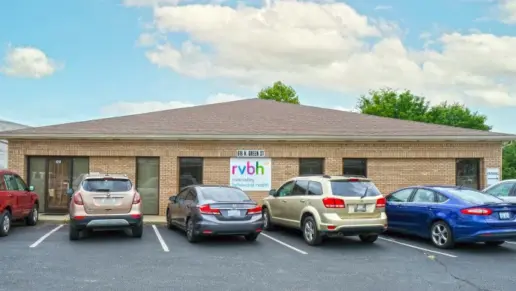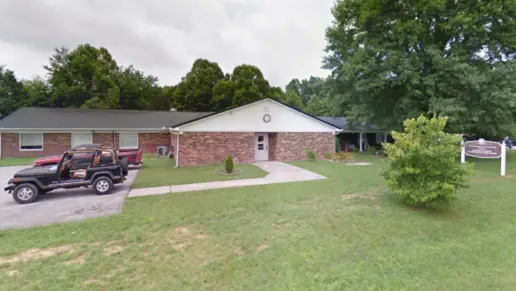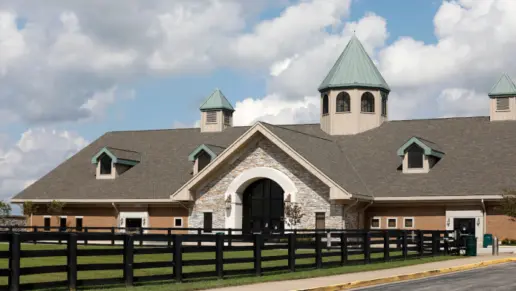This place is a joke! The staff is the rudest, and just they don't care about you or your health! They were unprofessional and treated us like animals!
About Lincoln Trail Behavioral Health Outpatient Center
Lincoln Trail Behavioral Health Outpatient Center is located in Elizabethtown, Kentucky. They specialize in addiction treatment and mental health care for adults over the age of 18, active duty military, veterans and first responders. Their dual diagnosis programs include supervised medical detox, inpatient treatment, a partial hospitalization program (PHP), an intensive outpatient program (IOP) and relapse prevention through their aftercare program. Patients cover the costs of treatment with either insurance or self pay. They accept most private insurance plans, Medicare, TRICARE, and Medicaid.
Staff knows how tough reaching out for help can be, and their caring assessment and referral team is there to support you every step of the way. Available 24/7, they offer free and confidential assessments to help you figure out the best treatment options, whether it’s outpatient counseling or more intensive care.
The Adult Chemical Dependency Inpatient Program provides a supportive, structured setting for detox and recovery, using the Living in Balance (LIB) model for effective treatment and relapse prevention. Many patients continue care through the partial hospitalization program, which offers similar evidence-based methods in a less intensive setting. You may not need inpatient or partial hospitalization at all. Your care team may recommend intensive outpatient treatment, which meets Monday through Thursday for 3 ½ hours.
Patients in most of the addiction treatment programs here have access to the Wellness Recovery Action Plan (WRAP). It’s a system that helps folks take charge of their mental health by figuring out what triggers them, spotting early warning signs and finding coping strategies. All programs include plenty of individual and group therapy sessions. Family therapy is also available.
Mission Wellness offers a personalized dual diagnosis program for military members and veterans. The program combines evidence-based and holistic treatments to address mental health and addiction issues. With therapies like cognitive behavioral therapy, EMDR, mindfulness, and expressive arts, plus onsite military only closed AA meetings, it’s designed to support the unique challenges of military life and service.
At Lincoln Trail Behavioral Health, you’ll find a warm, welcoming space where you can experience recovery using a blend of evidence-based and holistic treatments. Their programs are designed to help you find balance and move forward.
Facility Overview
Rehab Score
Gallery
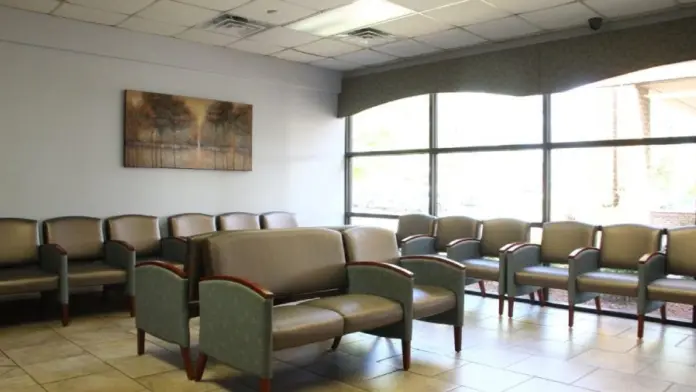
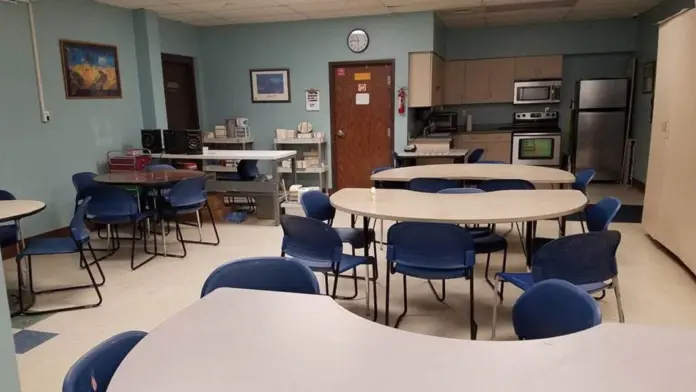
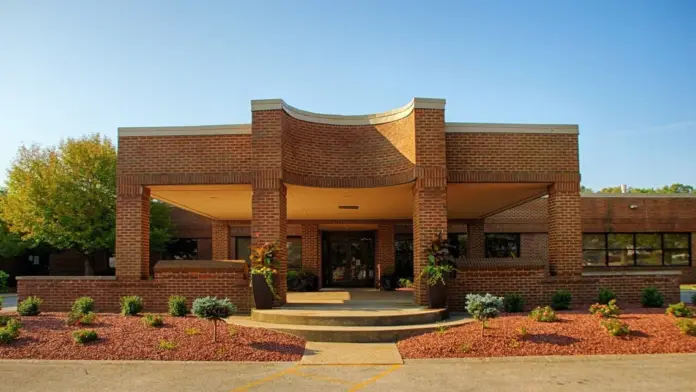
Location
Other Forms of Payment
Private insurance refers to any kind of healthcare coverage that isn't from the state or federal government. This includes individual and family plans offered by an employer or purchased from the Insurance Marketplace. Every plan will have different requirements and out of pocket costs so be sure to get the full details before you start treatment.
Self-pay involves paying for treatment out of your own pocket. You can use savings or credit, get a personal loan, or receive help from family and friends to fund your treatment. If you don't have insurance or your insurance plan doesn't cover a specific program, self-pay can help ensure you still get the care you need.
Financial aid can take many forms. Centers may have grants or scholarships available to clients who meet eligibility requirements. Programs that receive SAMHSA grants may have financial aid available for those who need treatment as well. Grants and scholarships can help you pai for treatment without having to repay.
Medicare is a federal program that provides health insurance for those 65 and older. It also serves people under 65 with chronic and disabling health challenges. To use Medicare for addiction treatment you need to find a program that accepts Medicare and is in network with your plan. Out of pocket costs and preauthorization requirements vary, so always check with your provider.
Military members, veterans, and eligible dependents have access to specific insurance programs that help them get the care they need. TRICARE and VA insurance can help you access low cost or no cost addiction and mental health treatment. Programs that accept military insurance often have targeted treatment focused on the unique challenges military members, veterans, and their families face.
Medicaid is a state based program that helps lower-income individuals and families pay for healthcare. Medicaid covers addiction treatment so those enrolled can use their coverage to pay for rehab. When a program accepts Medicaid the client often pays very little or nothing out of their own pocket.
Addiction Treatments
Levels of Care
Treatments
The goal of treatment for alcoholism is abstinence. Those with poor social support, poor motivation, or psychiatric disorders tend to relapse within a few years of treatment. For these people, success is measured by longer periods of abstinence, reduced use of alcohol, better health, and improved social functioning. Recovery and Maintenance are usually based on 12 step programs and AA meetings.
Drug rehab in Kentucky often starts with detox, then includes inpatient or outpatient treatment, and continues with aftercare support. Specific methods used during each of these phases varies, but often include individual and group counseling, medication, and recreational therapies.
Many of those suffering from addiction also suffer from mental or emotional illnesses like schizophrenia, bipolar disorder, depression, or anxiety disorders. Rehab and other substance abuse facilities treating those with a dual diagnosis or co-occurring disorder administer psychiatric treatment to address the person's mental health issue in addition to drug and alcohol rehabilitation.
A combined mental health and substance abuse rehab has the staff and resources available to handle individuals with both mental health and substance abuse issues. It can be challenging to determine where a specific symptom stems from (a mental health issue or an issue related to substance abuse), so mental health and substance abuse professionals are helpful in detangling symptoms and keeping treatment on track.
Opioid rehabs specialize in supporting those recovering from opioid addiction. They treat those suffering from addiction to illegal opioids like heroin, as well as prescription drugs like oxycodone. These centers typically combine both physical as well as mental and emotional support to help stop addiction. Physical support often includes medical detox and subsequent medical support (including medication), and mental support includes in-depth therapy to address the underlying causes of addiction.
Programs



Clinical Services
Cognitive behavioral therapy in Kentucky involves learning to recognize unhealthy thinking patterns and developing problem solving skills to cope with life's challenges. It will help you have greater confidence in your abilities so you can change your patterns of behavior and break free from substance abuse.
Dialectical Behavior Therapy (DBT) is a modified form of Cognitive Behavioral Therapy (CBT), a treatment designed to help people understand and ultimately affect the relationship between their thoughts, feelings, and behaviors. DBT is often used for individuals who struggle with self-harm behaviors, such as self-mutilation (cutting) and suicidal thoughts, urges, or attempts. It has been proven clinically effective for those who struggle with out-of-control emotions and mental health illnesses like Borderline Personality Disorder.
Group therapy is any therapeutic work that happens in a group (not one-on-one). There are a number of different group therapy modalities, including support groups, experiential therapy, psycho-education, and more. Group therapy involves treatment as well as processing interaction between group members.
In individual therapy, a patient meets one-on-one with a trained psychologist or counselor. Therapy is a pivotal part of effective substance abuse treatment, as it often covers root causes of addiction, including challenges faced by the patient in their social, family, and work/school life.
The Willows Program at Lincoln Trail Behavioral Health System provides a treatment team approach focused on acknowledging the impact of past trauma and unresolved emotional concerns while assisting the young woman in building safe and functional patterns for coping. The Willows Program is equipped to treat youth who have been victims of trauma, including sexual abuse an dissociated sexually reactive behaviors. The program utilizes Evidence-based practices sensitive to age, gender and trauma history. The Willows Program consists of a Trauma-Informed milieu structure which provides expressive therapy modules, exercises in accountability and empathy development, psycho-education, relapse prevention, identification of behavior cycles, development of grounding skills for emotional safety, and assisting patients with creating safe family and social supports.
As you begin couples therapy in Kentucky, you'll outline the goals for therapy. Your therapist will then arrange to meet with you in weekly joint sessions and, in some cases, individual sessions. You'll receive homework assignments to practice each week between sessions that will help you reach your goals.
EMDR is a therapeutic modality originally developed to help process trauma. In an EMDR session, a patient is prompted to undergo eye movements that mimic those of REM sleep. This is accomplished by watching a therapist's finger move back and forth across, or following a bar of light. The goal is repetitive sets of eye movements that help the brain reprocess memory, which can significantly reduce the intensity of remembered traumatic incidents. Associated memories can heal simultaneously, leaving patients significantly calmer, more stable, and more emotionally relaxed.
Research clearly demonstrates that recovery is far more successful and sustainable when loved ones like family members participate in rehab and substance abuse treatment. Genetic factors may be at play when it comes to drug and alcohol addiction, as well as mental health issues. Family dynamics often play a critical role in addiction triggers, and if properly educated, family members can be a strong source of support when it comes to rehabilitation. Lincoln Trail Behavioral Health System recognizes the importance of family involvement and support in the treatment process, therefore the program emphasizes family participation through therapy.
Nutrition therapy is a form of holistic therapy that is often incorporated into drug rehab programs in Kentucky. Eating healthy meals and learning how to choose the best foods for recovery helps you heal faster and helps prevent relapse.
Holistic alcohol and drug addiction treatment centers use recreational therapy to help you find a constructive way to spend your time and manage your stress. Activities can include yoga, team sports, creative arts, and painting. These encourage social interaction, support your physical fitness, and improve your mood, all of which are crucial for maintaining a successful recovery.
Creativity is inherently healing, and can help those in recovery express thoughts or feelings they might not otherwise be able to. Creative arts therapy can include music, poetry/writing, painting, sculpting, dance, theater, sandplay, and more. Unlike traditional art, the final product matters far less than the experience of creation and expression itself.
Experiential therapy is a form of therapy in which clients are encouraged to surface and work through subconscious issues by engaging in real-time experiences. Experiential therapy departs from traditional talk therapy by involving the body, and having clients engage in activities, movements, and physical and emotional expression. This can involve role-play or using props (which can include other people). Experiential therapy can help people process trauma, memories, and emotion quickly, deeply, and in a lasting fashion, leading to substantial and impactful healing.
Nicotine replacement therapy (NRT) in Kentucky is not intended for long term use, but it can help you get over the challenging initial phase of quitting smoking. Based on your craving levels and other lifestyle needs, you can choose from a variety of NRT methods to reduce withdrawals and break free from nicotine addiction.
Amenities
-
Residential Setting
Staff & Accreditations
Staff
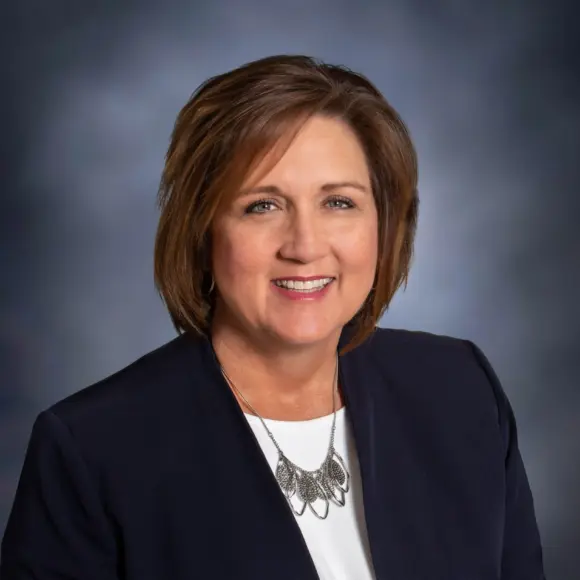
CEO

CFO
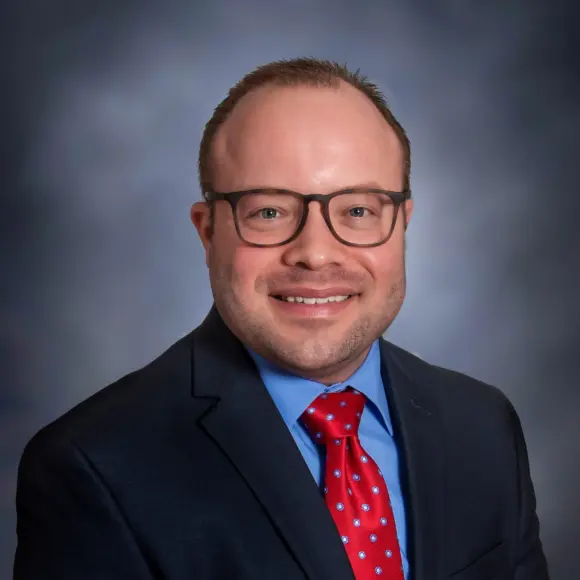
Chief Nursing Officer

Director of Admissions

Director of Human Resources

Director of Risk Management

Director of Clinical Services

Medical Director
Accreditations

The Joint Commission, formerly known as JCAHO, is a nonprofit organization that accredits rehab organizations and programs. Founded in 1951, the Joint Commision's mission is to improve the quality of patient care and demonstrating the quality of patient care.
Joint Commission Accreditation: Yes
Contact Information
7260 Dixie Hwy
Elizabethtown, KY 42701
